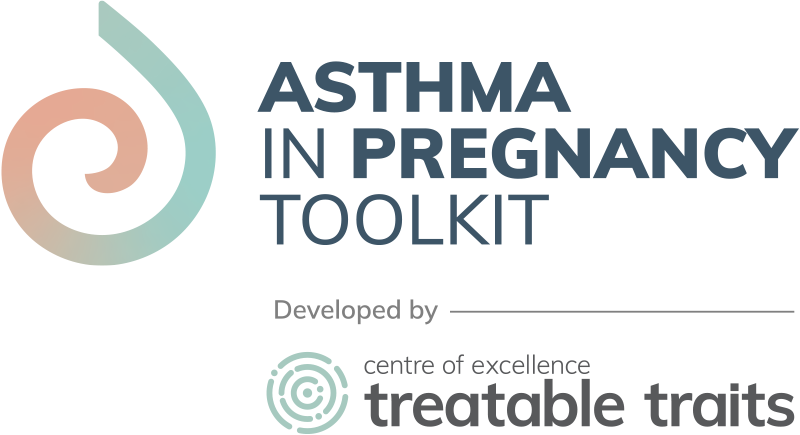Key messages
- Hypertension during pregnancy is not uncommon, and it is important to be mindful of potential pre-eclampsia in pregnant women with asthma.
- For women with asthma, use of beta-blockers should be considered with caution, due to elevated risk of status asthmaticus.
Mechanism
Beta blockers, also known as beta-adrenergic blocking agents, are medications that reduce blood pressure by blocking the effects of the hormone epinephrine. This causes the heart to beat more slowly and with less force, which lowers blood pressure. Beta blockers affect the arteries and veins and cause them to relax and open to improve blood flow. Beta-blockers bind to the B1 and B2 receptors, the chronotropic and inotropic effects on the heart undergo inhibition, and the heart rate slows down as a result. Beta-blockers also decrease circulating renin which reduces cardiac output. Beta-blockers also prolong the atrial refractory periods and have a potent antiarrhythmic effect (Williams et al. 2018).
Beta-blockers are typically classified as either non-selective or beta-1 selective. Non-selective agents bind to both beta-1 and beta-2 receptors and induce antagonising effects via both receptors. The beta-1 selective beta blocker only binds to the beta-1 receptors, hence they are cardio-selective (Williams et al. 2018).
Indications
Hypertension affects around 4.5% of pregnant women .
Beta-blockers are widely used in the treatment of chronic hypertension, migraine, essential tremor, and various other conditions. In pregnancy beta-blockers are primarily used to treat hypertension and prevent pre-eclampsia.
Evidence for safety relating to fertility, pregnancy and breastfeeding
Treatment with beta-blockers in pregnant women with asthma has been associated with status asthmaticus. Given this association, beta-blockers should be used cautiously in women with asthma (Booker et al. 2018, Huang et al. 2021).
Alternatives to betablockers for lowering blood pressure in pre-eclampsia that have demonstrated safety and efficacy, and are not contraindicated in asthma include:
- First line agent – methyldopa
- Second line agents – hydralazine, nifedipine and prazosin
These agents may also be used for treating gestational or chronic hypertension (SOMANZ 2014).
In women without asthma, beta-blockers are considered safe to use during pregnancy, although there is some contradictory evidence concerning their use. A potential association between beta-blocker treatment and small-for-gestational-age (SGA) newborns and preterm birth has been reported – it is hypothesised that this is because of the hypertension itself and not the anti-hypertensive medication. However, there are also several reports without any association between beta-blocker treatment and small-for-gestational-age (SGA) newborns and preterm birth (Firoz et al. 2014).
Furthermore, some findings suggest that use of beta-blockers in pregnancy reduces the risk of severe hypertension, and risk of pre-eclampsia and fetal/newborn death (Firoz et al. 2014).
Beta-blockers are safe during lactation with very low levels in breastmilk and are considered-acceptable for breastfeeding (Davanzo et al. 2014).
Useful resource
- Guideline for the Management of Hypertensive Disorders of Pregnancy – Society of Obstetric Medicine of Australia and New Zealand (SOMANZ) 2014 – download here.
